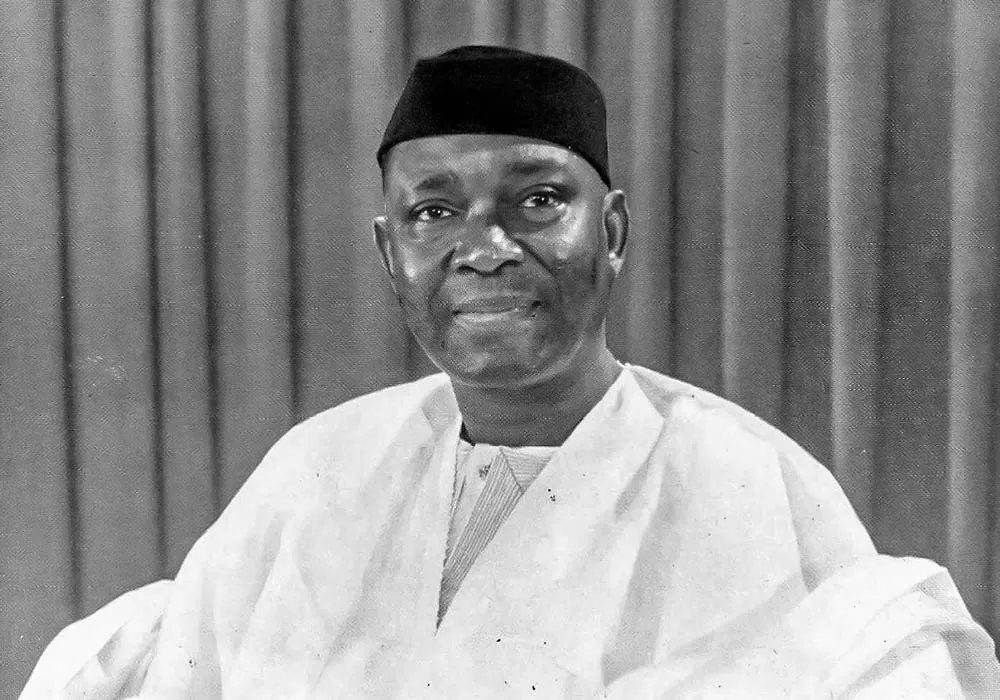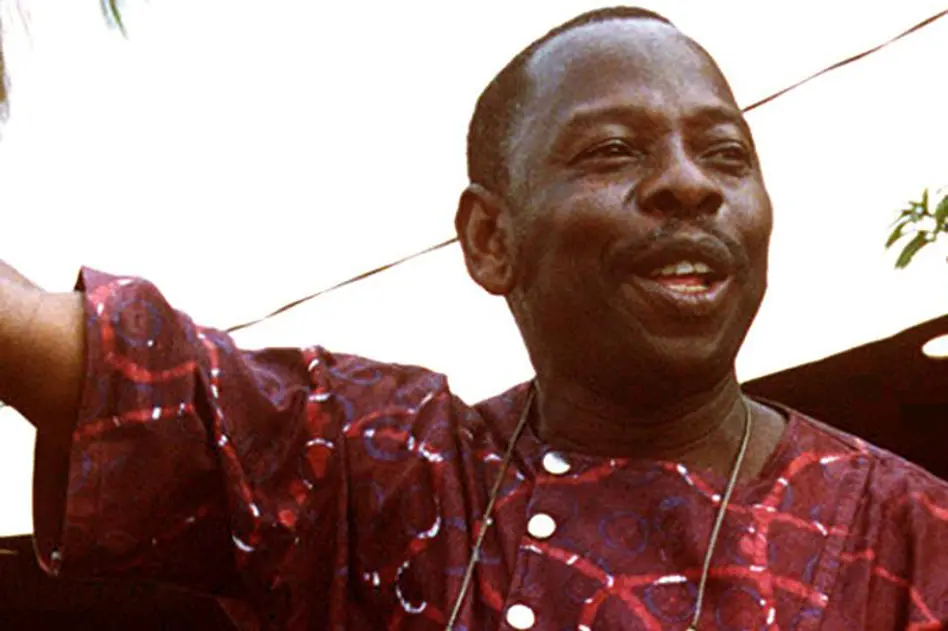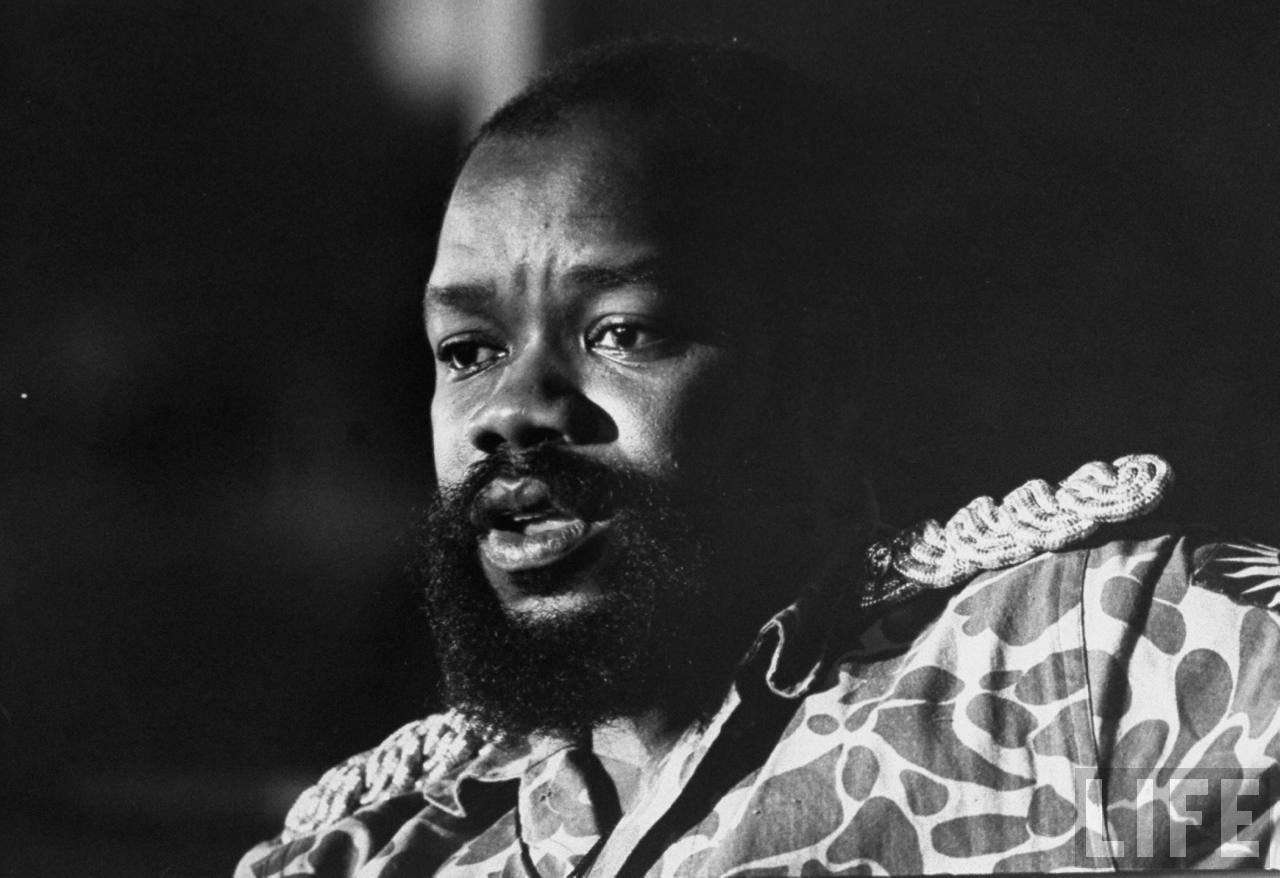
Nnamdi Azikiwe: The First President of Nigeria and a Pioneer of African Independence
Nnamdi Azikiwe, fondly called “Zik of Africa,” was a pivotal figure in Nigeria’s history and a significant leader in the African independence movement. As Nigeria’s first president and a tireless advocate for African unity and progress, Azikiwe played a crucial role in steering the country toward independence and promoting the pan-African vision. This biography explores the life, political career, and lasting influence of Nnamdi Azikiwe, from his early years to his legacy as one of Africa’s leading statesmen.
Early Life and Education
Nnamdi Benjamin Azikiwe was born on November 16, 1904, in Zungeru, northern Nigeria. His father, an Igbo clerk in the British colonial administration, instilled in him the importance of education and resilience. Azikiwe pursued his early education in Nigeria before traveling to the United States in the 1920s, where he attended several universities, including Howard University and Lincoln University. Azikiwe’s exposure to American politics, particularly the civil rights movement, greatly influenced his future ambitions for Nigeria and Africa.
Career as a Journalist and Nationalist
Azikiwe returned to Nigeria in the 1930s with a mission to inspire change. He worked as a journalist, founding newspapers like the West African Pilot, which became an influential platform for anti-colonial sentiments. Through his publications, Azikiwe criticized colonial rule and advocated for self-governance, quickly becoming one of the most respected voices of nationalism in West Africa. His powerful oratory skills and writings inspired many to support the independence movement, not just in Nigeria but across the continent.
Political Path to Independence
In the 1940s and 1950s, Azikiwe joined the Nigerian Youth Movement and later became a founding member of the National Council of Nigeria and the Cameroons (NCNC), one of Nigeria’s first political parties. Azikiwe’s political acumen helped him rise to become the Premier of the Eastern Region of Nigeria in 1954, and he worked tirelessly with other leaders to negotiate Nigeria’s independence from Britain. By October 1, 1960, Nigeria achieved its independence, with Azikiwe serving as the first Nigerian Governor-General, and later, the country’s first President when Nigeria became a republic in 1963.
Presidency and Vision for Nigeria
Azikiwe’s presidency, although largely ceremonial, symbolized Nigeria’s journey to self-determination. He advocated for national unity and supported policies aimed at promoting development and stability. However, ethnic divisions and political instability marred Nigeria’s early years, leading to the Nigerian Civil War (1967–1970). Though no longer president at that time, Azikiwe continued to be a voice for peace and reconciliation, emphasizing the need for national cohesion.
Achievements and Contributions to African Unity
Azikiwe’s influence extended beyond Nigeria. He was a staunch supporter of the Organization of African Unity (OAU), a precursor to today’s African Union, believing strongly in African solidarity. He pushed for greater collaboration among African nations to resist neocolonialism and achieve economic self-reliance. His vision for a united Africa continues to inspire leaders across the continent.
Personal Life and Philosophies
Azikiwe was a deeply philosophical man who believed in the power of education, self-improvement, and perseverance. He authored several books and essays, expressing his thoughts on leadership, democracy, and African identity. Despite facing numerous challenges, including political opposition and personal hardships, Azikiwe remained committed to his vision of a free and prosperous Africa.
Legacy
Nnamdi Azikiwe’s contributions to Nigeria and Africa as a whole are celebrated to this day. Universities, airports, and public buildings across Nigeria bear his name as a tribute to his enduring legacy. Azikiwe’s vision for a democratic and united Nigeria laid the foundation for the country’s political development and continues to influence African politics. As one of the first presidents in post-colonial Africa, Azikiwe’s life story serves as a testament to the power of resilience and the fight for justice and equality.
Conclusion
Nnamdi Azikiwe was more than Nigeria’s first president; he was a visionary who dedicated his life to the pursuit of African freedom and unity. His journey from a young man in colonial Nigeria to a revered leader and symbol of independence continues to inspire generations of Africans. His legacy lives on in Nigeria’s political institutions, academic establishments, and the hearts of many who carry forward his vision for an empowered Africa.




What i do not understood is if truth be told how you’re no longer really much more neatly-appreciated than you might be now. You are very intelligent. You already know therefore considerably on the subject of this subject, produced me individually consider it from a lot of numerous angles. Its like women and men aren’t fascinated until it’s one thing to accomplish with Lady gaga! Your personal stuffs great. All the time take care of it up!